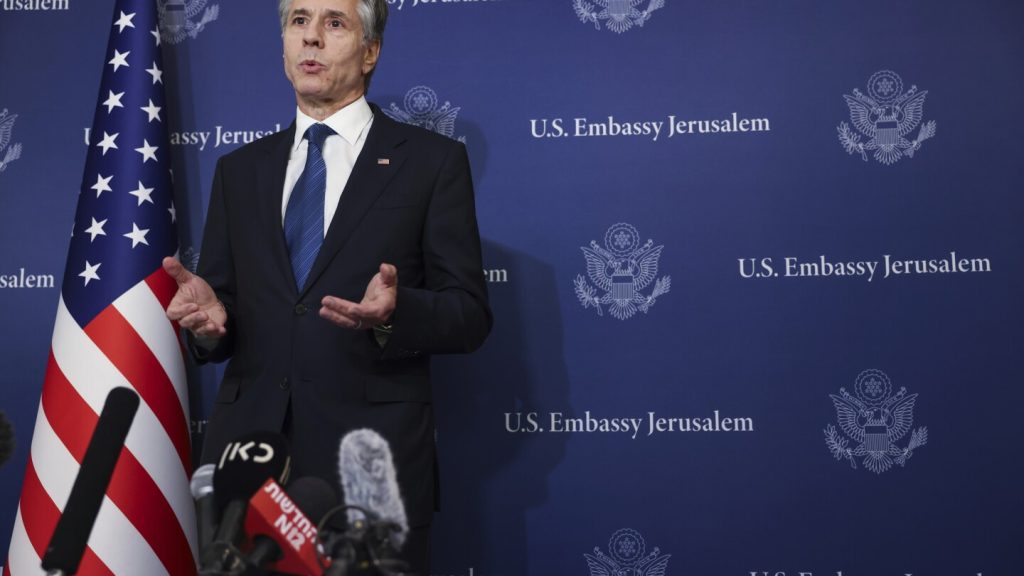House Republicans have issued a subpoena demanding testimony from Secretary of State Antony Blinken as part of their investigation into the U.S. withdrawal from Afghanistan in August 2021. Rep. Michael McCaul, the chairman of the House Foreign Affairs Committee, sent a letter ordering Blinken to appear before the committee by Sept. 19. The committee is seeking to understand the decisions made during the withdrawal and potentially prevent similar mistakes in the future. However, the State Department has stated that Blinken is unable to testify on the proposed dates as he will be traveling for diplomatic work in September.
This subpoena is the latest move by House Republicans to hold the Biden administration accountable for what they perceive as a failure of leadership during the chaotic withdrawal from Afghanistan. The committee is expected to release an investigative report on Monday summarizing their work, which may be used as a political tool in the upcoming presidential election. While the GOP report is likely to blame President Joe Biden and Vice President Kamala Harris for the withdrawal, independent watchdog reports have outlined a more nuanced and bipartisan view of the situation. Reports by the Special Inspector General for Afghanistan Reconstruction and senior military leaders have indicated that decisions made by both President Donald Trump and Biden played a role in the collapse of Afghanistan’s military.
The investigation into the U.S. withdrawal from Afghanistan has become a contentious issue within Congress, with Republicans seeking to highlight perceived failures of the Biden administration. The impending release of the committee’s report and the subpoena for Blinken’s testimony are seen as part of this broader effort to criticize the administration’s handling of the situation. The timing of these actions, amidst a presidential election, suggests that the withdrawal from Afghanistan may become a key campaign issue. However, it is important to note that the situation in Afghanistan was complex and involved decisions made by multiple administrations, as highlighted in independent watchdog reports.
As tensions rise between House Republicans and the Biden administration, the decision to issue a subpoena for Blinken’s testimony indicates a continued effort to hold key officials accountable for their actions during the U.S. withdrawal from Afghanistan. Blinken’s inability to testify on the proposed dates has led to further contention between the committee and the State Department. The outcome of this investigation and the release of the committee’s report may have significant implications for future U.S. military engagements and diplomatic efforts, as lawmakers seek to learn from the mistakes made during the withdrawal from Afghanistan.
Overall, the investigation into the U.S. withdrawal from Afghanistan highlights the complexities and challenges of ending a military presence in a conflicted region. The competing narratives surrounding the responsibilities of different administrations in the collapse of Afghanistan’s military underscore the need for a thorough and bipartisan analysis of the situation. The actions taken by House Republicans in issuing a subpoena for Blinken’s testimony and the impending release of the committee’s report reflect the political dynamics at play as lawmakers seek to hold the Biden administration accountable for its handling of the withdrawal.














